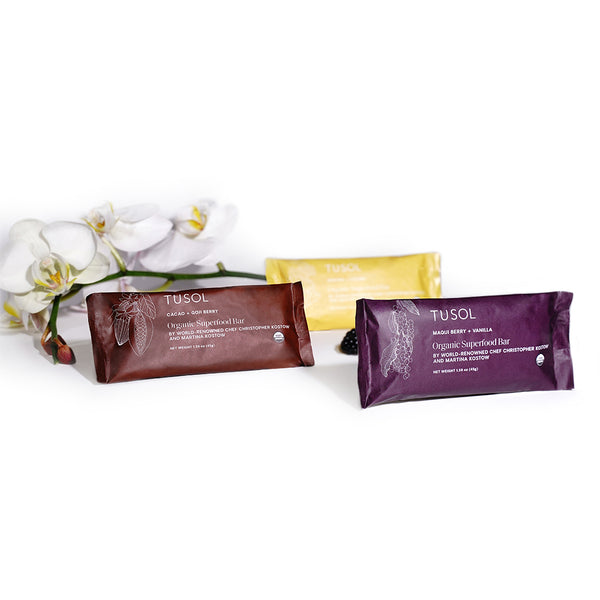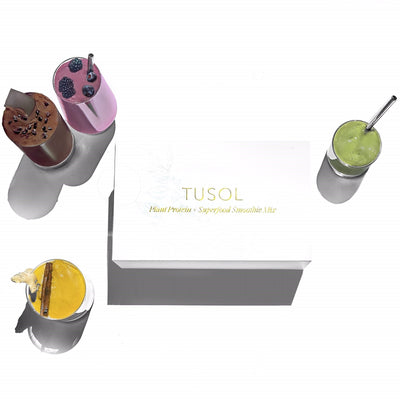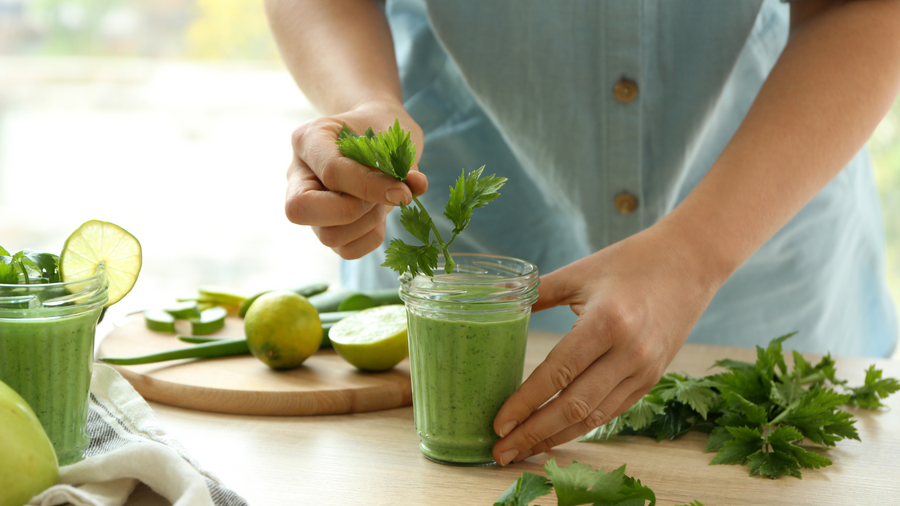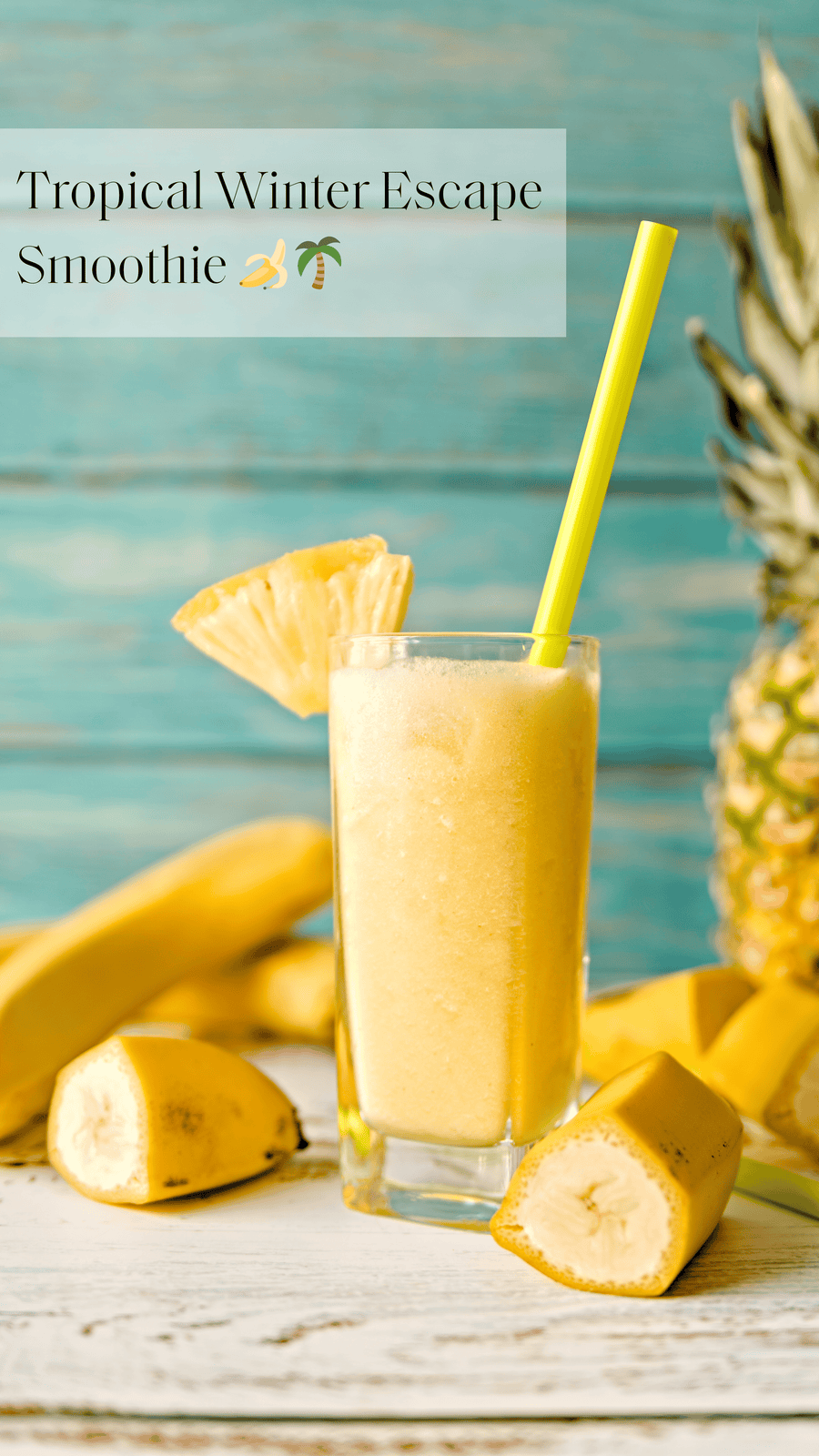It may surprise you that one of the original advocates for the healing powers of food is Aristotle. The Ancient Greeks recognized the energetic relationship between humans and diet, and still there exists a widespread belief that food “made with love,” or “agapi” as it’s referred to by the Ancient Greeks, holds a superior energy. Similar to the difference in emotional response when eating a sandwich made by someone you love versus a sandwich from Subway, the mind and body responds differently to food based on the energy frequency that it carries. Today, the plant-based diet has taken off and gained popularity as a response to the fallacies perpetuated by diet culture that many are now questioning and rejecting. One of the most notably tools that food is used for is improving mental health and levels of energy. We become the energy that we consume…so ask yourself what kind of energy you want to become.
How Does A Plant-Based Diet Affect Mental Health?
Diet plays a large part in how we feel physically, mentally, and emotionally; for this reason, many consider the gut the “second brain,” and maintaining good gut health inevitably echoes positive change in other areas of health- notably mental health. Foods that are highly processed imbalance gut bacteria, harming gut health. A plant-based diet limits or completely eliminates processed foods, creating a healthy environment for gut bacteria. This balance of gut bacteria accounts for much of how we feel emotionally and physically and largely influences our levels of motivation and energy. Motivation and energy then largely influence baseline levels of happiness and wellbeing. Try out a plant-based diet, and you will recognize positive change in all areas of your health and wellbeing.
What Foods Provide The Most Energy?
If you’ve ever looked at Kirilian photography, then you know that there is a visible difference in the amount of energy provided by cooked versus raw foods. In addition, there is a visible difference in the amount of energy provided by plant foods and non-plant foods. This is because food, like all else, carries a certain frequency or amount of energy. Higher energy foods are those that have not been altered in any way such as: fruits, vegetables, nuts and seeds, and whole grains. Beneath the chemically unaltered food tier are cooked foods of the same type. As you move down the energetic ladder you will find highly processed meats and refined foods at the very bottom.
Should You Cut Out Meat in Order to Achieve Higher Baseline Levels of Happiness and Motivation?
While cutting out meat may be beneficial for you and your health, it is not necessary to cut out in order to reap the benefits of eating higher frequency foods. Simply introducing more fruits and vegetables and maintaining a mostly plant diet with minimal meat or dairy will create positive impacts on your health and mental wellbeing. You might try starting with one plant-based meal a day and then shift to a completely plant-based diet overtime, as you notice the positive changes.
Now that you’ve learned about the energetic relationship between food and mentality, check out this super tasty chocolate + peanut butter smoothie using TUSOL Energize- designed to boost the happy chemicals in your brain. With cacao, lion’s mane and reishi, the Energize blend contains a cocktail of nutrients that have been studied to prevent depression, reduce fatigue and improve immunity. Together these ingredients function to lift your mood and give you the energy you need to start – and finish – your day. Happy Blending!
CHOCOLATE PEANUT BUTTER SMOOTHIE BOWL
- Almond Milk
- Cocoa Powder
- Dates
- Cinnamon
- Peanut Butter
- Frozen Banana
- TUSOL Energize
TOPPINGS
- Cacao Nibs
- Banana
Instructions
Add frozen berries and banana to a blender and blend on low until small bits remain
Add a bit of coconut or almond milk and TUSOL Energize and blend on low again, scraping down sides as needed, until the mixture reaches a soft serve consistency.
Scoop into serving bowls and top with desired toppings (optional).














